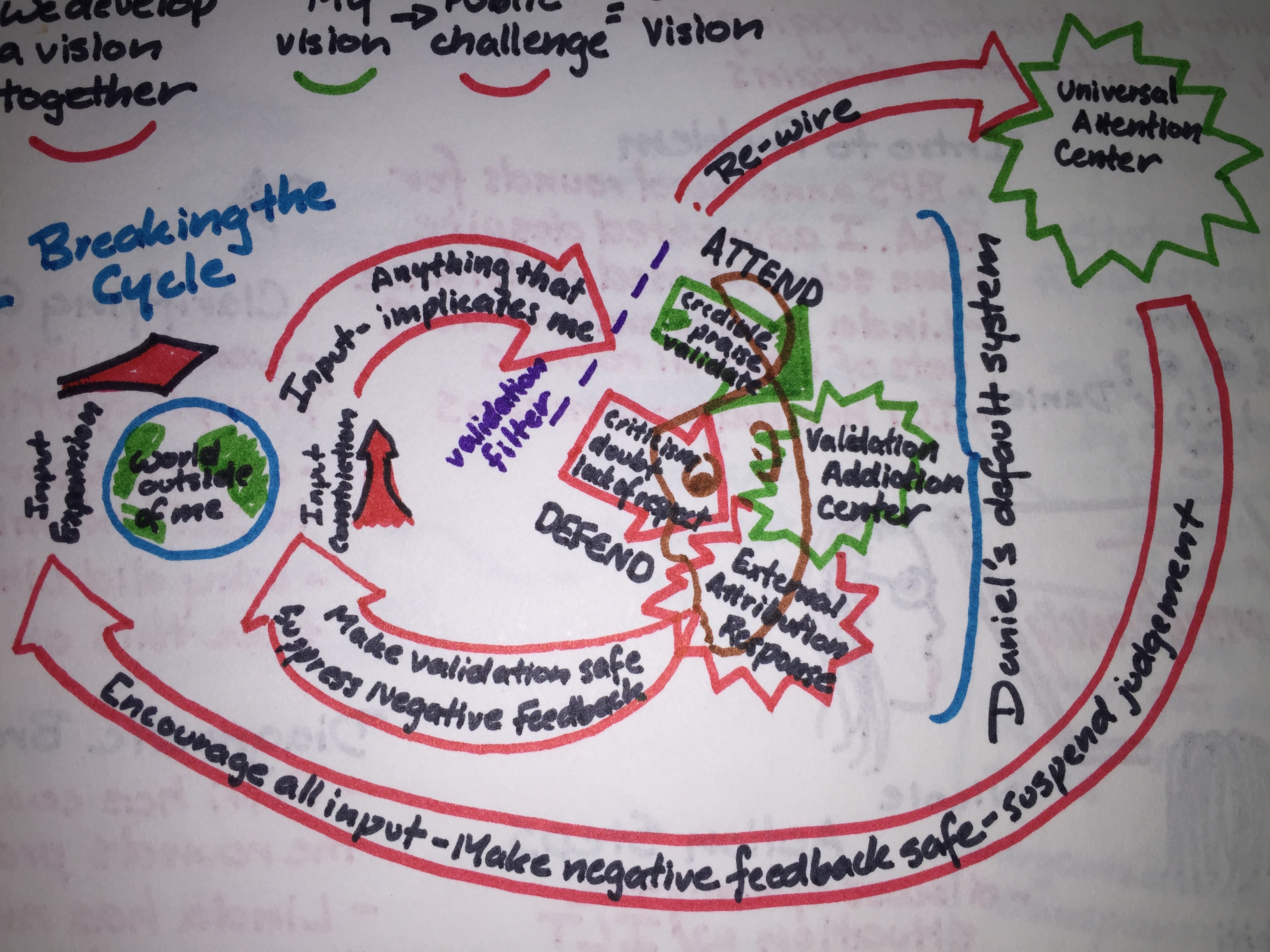
At the first leadership summit I attended here in Santa Ana Unified, I was introduced to the concept of the “back channel.” The deputy superintendent gave out a phone number to administrators in the meeting that would publicly display comments and questions. Comments were entirely anonymous. It was fascinating to watch the commentary scroll along while the presenter spoke in real time. It wasn’t always pretty, and there was more than one audible gasp at a comment that made it to the big screen up front.
Of course there is a difference between anonymous trolling, and constructive critique. Sometimes the dueling narratives were just too noisy. Cognitive multi-tasking can be mentally taxing. But the presence of the “back channel” also lent a strange sense of authenticity to the conversation. And it kept the conversation more honest. It was kind of fun.
Now fast forward to a meeting I was in just a few weeks ago. Many of the same administrators were in the room, but this time there was no official back channel. I was sitting amongst the crowd, participating in much the same way as others in the room. I listened when something seemed interesting or pertinent, and I responded to email or text messages when it didn’t. We can discuss my meeting etiquette in a different post. What was interesting were the many occasions when soft murmurs or side conversations rippled around me.
“Does it really take 30 minutes to explain this?”
“Why are we talking about this again?”
Those are quotes – not general sentiments. What is fascinating about all of this to me is how much of the authentic feedback never makes it back to the ears of the person who needs to hear it. If that person is in a position of authority, it is even less likely that they’ll hear what people are really saying. I call this the feedback filter. When we debriefed the meeting as a leadership team a few days later, I found myself reluctant to share some of the informal feedback I had been hearing. It’s not fun bearing bad tidings.
We all say we like to learn and that we’re open to feedback. Truth be told, we don’t and we aren’t.
Here’s how the filter works. When we receive information and feedback, we react. That reaction plays out as gestures, eye movements, language, tone, and often, rebuttals. It’s hard to hide how we really feel about what we are hearing. When a person in a position of authority consistently reacts to bad news or hard feedback with a defensive posture or an immediate pivot to rationalization and explanation, then it becomes riskier for others to provide authentic feedback.
Here’s the catch. Leaders need good data to make good decisions. If we’re not careful, our feedback filter can restrict the pipeline of authentic feedback. Over time, the leader is left to make decisions in an isolation chamber, disconnected from what is actually happening in the organization.
That’s why emotional intelligence is so critical for transformative leadership. You have to be willing to hear all the ways your leadership is contributing to the mess. You have to be vulnerable as a leader in order to make it safe for others to take chances and be vulnerable themselves.
So, next time someone disagrees with you, thank them for it.
